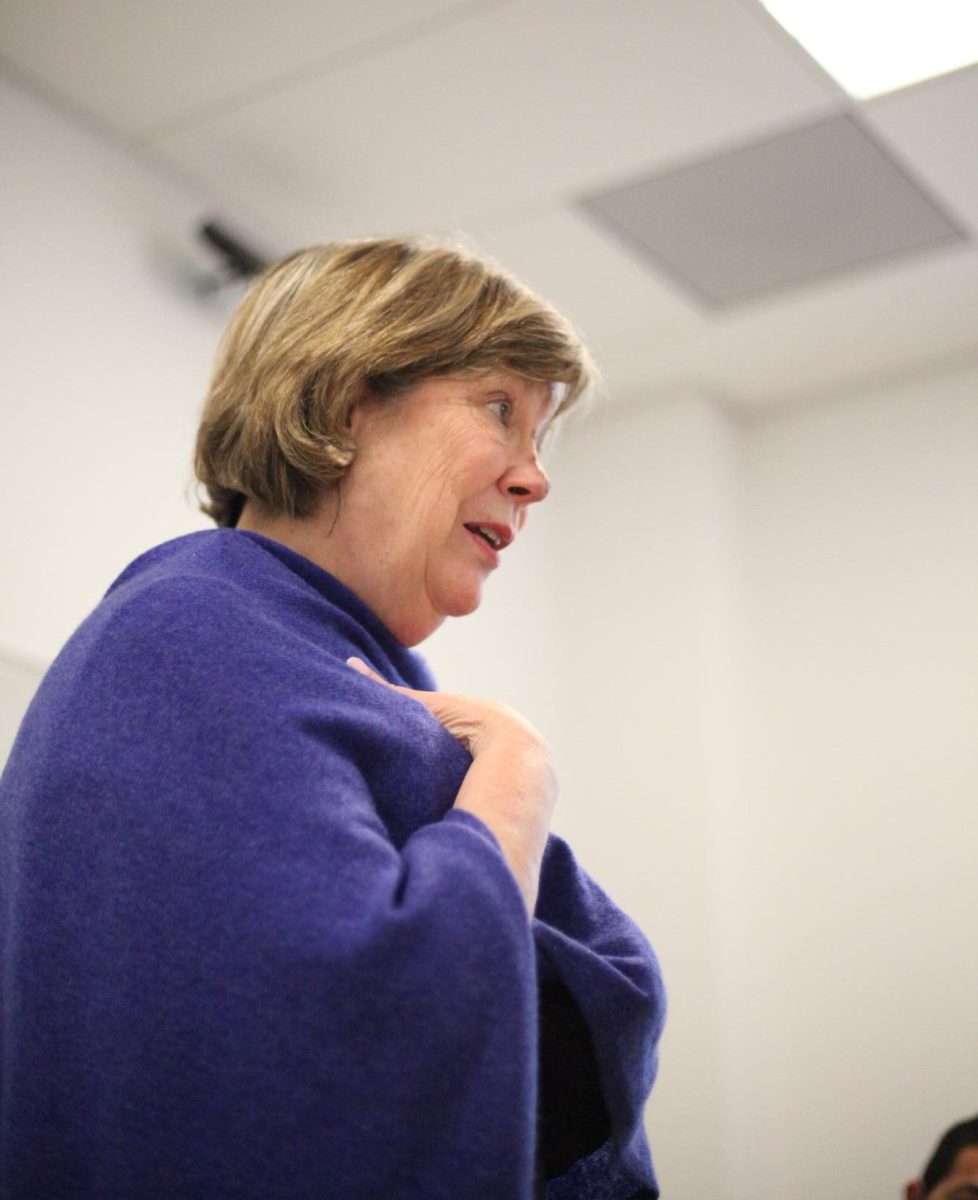Graduating seniors at Sonoma State agree we are entering a world of uncertainty. Students who have worked hard their entire college career are worried about expensive housing and underpaying job opportunities. Every graduating class has a degree of uncertainty but how do our opportunities compare to previous generations?
The median income in California has increased by 22% since 2000 adjusted for inflation according to FRED economic data. The median home price has risen by 295% since 2000. Wage increases have not mirrored the soaring housing prices. The average home price was 3.3 times the median income in 2000 while the average home price is now 9.8 times the median income.
Anyone telling Gen Z and Millenials to “just work harder” doesn’t understand these statistics. Blown-up home prices and climbing interest rates have made homeownership unattainable to many, especially in the Bay Area.
Many under age 30 live in shared rentals or with family. Ashleigh Allen, a fourth-year kinesiology major at Sonoma State says, “You’re going to be moving into a place with four other people or paying exorbitant rent.” She won’t live close to her family in her hometown, Sonoma, because of the lack of housing.
Senate Bill 1212, introduced by California Senator Toni G. Atkins (D-San Diego) aims to make it easier for Californians to become homeowners and drive prices home prices down. The goal is to limit single-family home purchases by real estate trusts on a new listing. It wants to allow individual homebuyers to buy a property for the first 60 days that a house is on the market before it is open to investors, limiting investors from driving up prices based on supply and demand. The bill is traveling through the California Senate process.
Legislation like SB1212 benefits individual homebuyers and makes the market less competitive but won’t singularly amend the problem. Wages that pay for the necessities will help graduating Californians save money and exit survival mode, which could mean a down payment on a home or rent without roommates.
Low-wage internships plague recent graduates as they are often necessary to secure an entry-level position. Students with strong resumes get roadblocked by requirements like three to five years of experience. Internships provide the experience needed and the chance to work with professionals but are often unpaid or minimum wage.
Allen says she would be taking a pay cut if she left her personal training job to work as a full-time intern in her field of study. While many students and graduates work at an internship and job, many have reported feeling burned out.
Legislation should be created to disband the loophole in the legality of unpaid internships. Unpaid internships are unethical, often leading to students and graduates working multiple jobs and constant overtime to pay their bills. Economic and housing changes can happen through legislation. Who we vote for affects our financial situations.



































